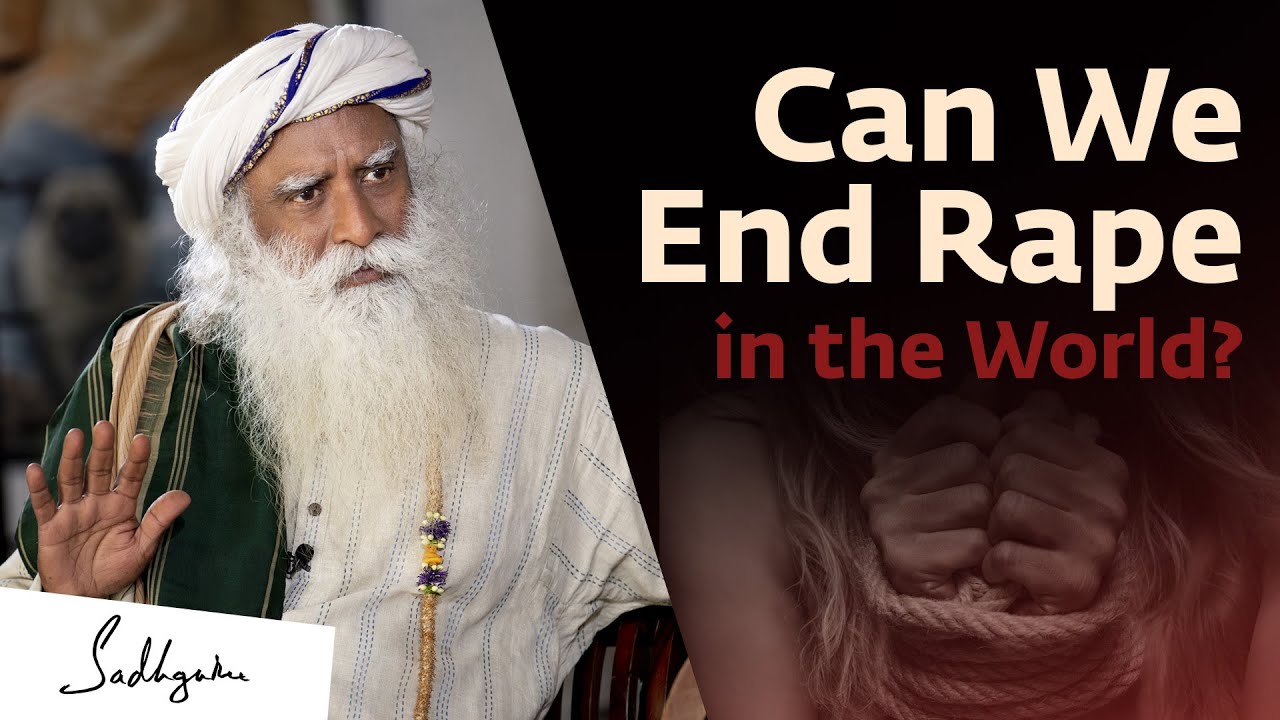The Pope, The Poor, and The Planet (Overcoming an Insularity via Internal Ecology: Pathways of Hope)
Summary
TLDRThis lecture discusses four pathways to address the environmental crisis: viewing nature holistically, leading beyond personal communities, transforming mindsets through education, and rediscovering spirituality. It emphasizes interconnectedness, caring for the commons, and cultivating social love. The speaker highlights the importance of humility, repairing what is broken, reconnecting with children, and appreciating sacredness in everyday life. Concluding with 10 practical steps, the message calls for action to protect and cherish our world, using examples like a young boy’s donation after a typhoon as a symbol of hope and responsibility.
Takeaways
- 🌍 Embrace a holistic view: We must look at environmental and climate issues in an integrated way, recognizing the interdependence of ecosystems like forests, rivers, and reefs.
- 👥 Lead beyond the self: True leadership extends beyond personal communities, guiding collective efforts for the common good and protecting shared spaces, like natural environments.
- 🎓 Education transforms: Education should not only shape individual minds but also transform cultures, promoting critical thinking and a love for learning and the world.
- 🙏 Rediscover spirituality: Reconnecting with God and spirituality can help us understand our role in caring for the Earth, as both stewards and workers of creation.
- 🍽 Practice gratitude: Simple acts like saying grace before meals remind us of our dependence on others and the interconnectedness of life.
- 🏞 Gain perspective: Activities like climbing a mountain can evoke humility, giving us a sense of scale and our smallness in the larger context of the universe.
- 🔌 Unplug and find silence: Disconnect from technology to find peace, reflect, and reconnect with your inner self through quiet, prayer, or solitude.
- ⚒ Repair, don’t replace: Fixing broken objects teaches resilience, embracing imperfections and valuing the history of things rather than discarding them.
- 👫 Connect with the marginalized: Get to know those living in poverty and learn from them, recognizing selfishness as a cause of both social and environmental poverty.
- 📦 Value what matters: Create a physical or symbolic space for what you treasure, reflecting on what is truly important in life and what you wish to carry into the future.
Q & A
What are the four pathways suggested for addressing the environmental crisis?
-The four pathways are: looking at things whole, leading the commons, transforming education and mindsets, and discovering spirituality and God again.
How does the speaker suggest we should 'look at things whole' in the context of the environmental crisis?
-The speaker suggests that the environmental crisis requires us to see the interconnectedness of systems, such as understanding that planting mangroves by the sea is ineffective if forests in the mountains are neglected.
What does 'leading the commons' mean in this lecture?
-'Leading the commons' refers to leadership that extends beyond individual or community interests, caring for shared resources like lakes, forests, and public spaces, and understanding the impact of collective actions on the environment.
Why is education seen as crucial in addressing environmental and social issues?
-Education is seen as crucial because it transforms mindsets, fosters critical thinking, communication, and social love, and encourages a holistic development of individuals beyond just professional skills.
What role does spirituality play in addressing the environmental crisis according to the speaker?
-Spirituality is important because it helps people reconnect with a deeper purpose, seeing the world as God's creation to be worked on and protected, encouraging responsibility toward nature and fostering a sense of stewardship.
What lesson can be learned from the speaker's reference to the Bible's 'cultivate and care for the garden' passage?
-The lesson is that humans are tasked with both working on and protecting the Earth, balancing action with responsibility. This balance is seen as a divine mandate to actively nurture the world while safeguarding it.
Why does the speaker encourage people to 'climb a mountain' as one of the 10 steps for environmental awareness?
-Climbing a mountain helps people gain a sense of scale and humility, realizing their smallness and dependence on the world. It evokes gratitude and an understanding of how fragile and precious the environment is.
What is the significance of 'repairing something broken' as mentioned in the lecture?
-Repairing something broken, inspired by the Japanese art of kintsugi, teaches us to value and preserve objects, acknowledging their history and imperfections. It symbolizes care for what we have rather than replacing it.
What does the speaker mean by 'unplugging' in the context of environmental care?
-'Unplugging' refers to disconnecting from technology and the distractions of modern life to find silence and inner peace. This helps individuals reconnect with nature, their spirituality, and their purpose in caring for the world.
Why is fasting suggested as one of the 10 steps, and what can it symbolize beyond physical discipline?
-Fasting is suggested as a way to practice self-control and mindfulness, symbolizing a break from the consumption-driven habits of modern life. It can apply to reducing materialism, shopping less, or resisting unnecessary indulgences.
Outlines

Этот раздел доступен только подписчикам платных тарифов. Пожалуйста, перейдите на платный тариф для доступа.
Перейти на платный тарифMindmap

Этот раздел доступен только подписчикам платных тарифов. Пожалуйста, перейдите на платный тариф для доступа.
Перейти на платный тарифKeywords

Этот раздел доступен только подписчикам платных тарифов. Пожалуйста, перейдите на платный тариф для доступа.
Перейти на платный тарифHighlights

Этот раздел доступен только подписчикам платных тарифов. Пожалуйста, перейдите на платный тариф для доступа.
Перейти на платный тарифTranscripts

Этот раздел доступен только подписчикам платных тарифов. Пожалуйста, перейдите на платный тариф для доступа.
Перейти на платный тарифПосмотреть больше похожих видео

4 kesalahan berfikir GEN Z yg bikin susah dapat kerja/dapat uang.

Environmental Justice (Guest Lecture: Dr.Bee)

Can we end R*pe? | Sadhguru #KolkataDoctorCase

Active Citizen in Global Citizenship Education!

Carol Dweck - Beliefs: Uniting Personality and Social Psychology - at SPSP 2014

Culture, Spirituality and Conservation
5.0 / 5 (0 votes)
